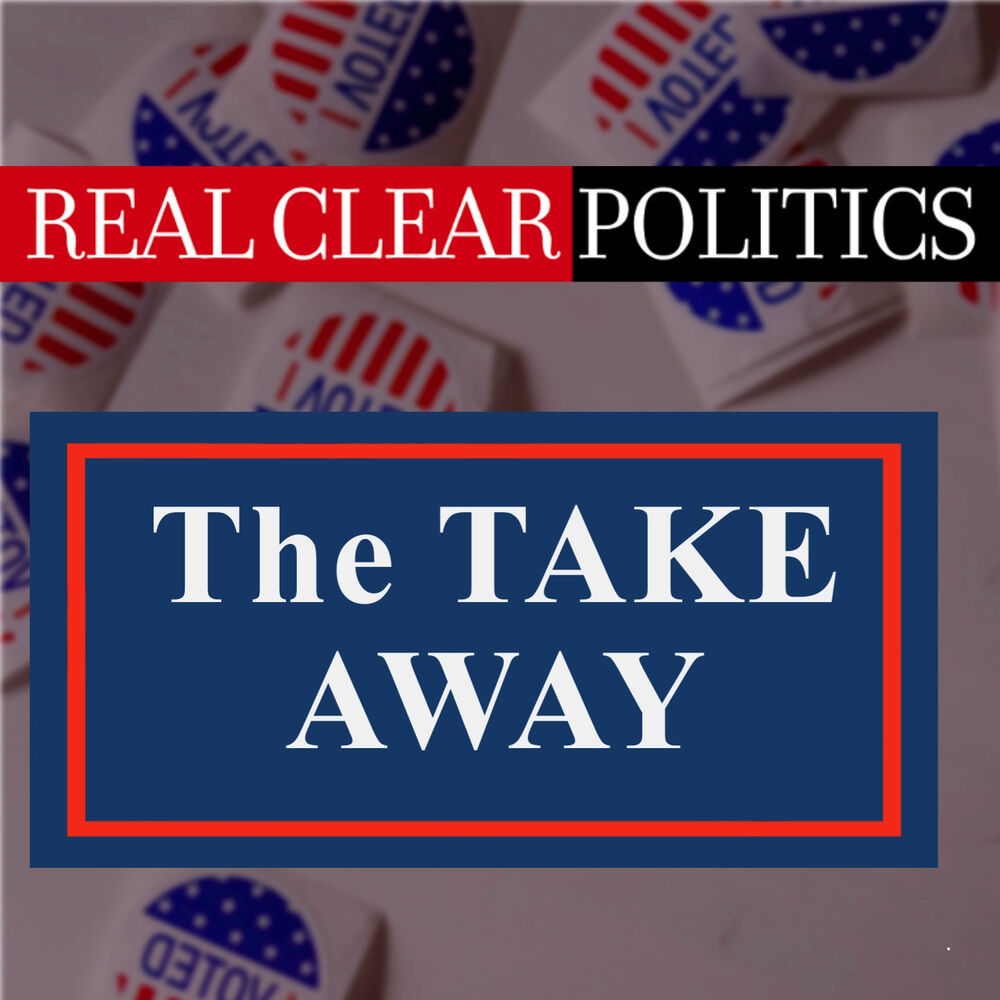Real Clear Politics – Politics and media are two intertwined domains that significantly shape our society. In the contemporary digital age, the dissemination of information and the influence of media on political landscapes have become increasingly prominent. In this article, we will explore the concept of “real clear politics,” delving into its meaning, impact, and the evolving role of media in political discourse. Let us embark on this journey, where politics and media converge, unveiling a deeper understanding of their interplay.
Understanding the Dynamics of Politics and Media
In this section, we will explore the intricate relationship between politics and media. Politics encompasses the processes, activities, and policies concerned with governance and decision-making, while media serves as a platform for information dissemination. The symbiotic nature of these two domains is essential for a well-functioning democracy, as media plays a vital role in informing and engaging the public.
The Evolution of Political Reporting
Over the years, political reporting has witnessed significant transformations. From traditional newspapers to 24/7 news channels and online platforms, the accessibility and speed of information dissemination have increased manifold. This section will delve into the evolution of political reporting and its impact on the public’s perception of politics.

The Influence of Media on Public Opinion
Media exerts a profound influence on shaping public opinion. This section will explore the ways in which media can shape narratives, create biases, and influence the way individuals perceive political events and ideologies. It will also touch upon the responsibilities of media organizations in presenting fair and balanced information.
Media Bias and Its Implications
The prevalence of media bias has become a subject of concern. This section will shed light on the different types of biases that can emerge in political reporting, such as partisan bias and sensationalism. Additionally, we will discuss the potential consequences of media bias on public discourse and democratic processes.
The Power of Social Media in Politics
Social media platforms have revolutionized the way political information is disseminated and consumed. This section will analyze the impact of social media on political campaigns, public engagement, and the potential risks associated with the spread of misinformation and echo chambers.
The Role of Fact-Checking in Political Reporting
Fact-checking plays a crucial role in holding politicians and media accountable. This section will explore the significance of fact-checking organizations in ensuring the accuracy and integrity of political reporting. It will also discuss the challenges faced by fact-checkers in an era of rapidly spreading misinformation.
Transparency and Accountability in Political Communication
Transparency and accountability are vital for maintaining trust between politicians, media, and the public. This section will delve into the importance of transparency in political communication and the role of media in holding elected officials accountable for their actions and promises.
The Impact of Digital Media on Political Campaigns
Digital media platforms have transformed political campaigns, offering new avenues for candidates to engage with voters. This section will discuss the strategies employed in digital political advertising, the targeting of specific voter segments, and the potential ethical concerns surrounding data privacy.
Analyzing Political Advertising Strategies
Political advertising plays a pivotal role in shaping public opinion. This section will analyze various political advertising strategies, such as emotional appeals, fear tactics, and positive messaging. It will also discuss the ethical considerations associated with political ad campaigns.
The Challenges of Regulating Political Content
Regulating political content presents a unique set of challenges. This section will explore the complexities involved in striking a balance between freedom of speech, preventing disinformation, and ensuring fair political competition. It will also discuss the potential role of legislation and self-regulation in addressing these challenges.
The Future of Real Clear Politics
As politics and media continue to evolve, the concept of real clear politics gains further significance. This section will speculate on the future of politics in the digital age, considering emerging technologies, media trends, and the potential impact on democratic processes.
Conclusion
The intricate interplay between politics and media has a profound impact on our society. In this article, we embarked on a journey through the realm of real clear politics, exploring the evolving dynamics, challenges, and opportunities that arise at the intersection of these two domains. As we navigate the complexities of the digital era, it becomes increasingly important to critically engage with political information and foster transparency and accountability in our democratic systems.
FAQs
Q1: How can I identify media bias? – Real Clear Politics
– Media bias can be identified by comparing different news sources, fact-checking claims, and being aware of one’s own biases. Engaging with diverse viewpoints and critically analyzing information can help uncover potential biases.
Q2: What role does social media play in political polarization? – Real Clear Politics
– Social media can contribute to political polarization by creating echo chambers and amplifying extreme views. The algorithms and personalization features of social platforms often reinforce existing beliefs, limiting exposure to diverse perspectives.
Q3: Are fact-checkers always unbiased? – Real Clear Politics
– Fact-checkers strive to be unbiased in their assessments, relying on evidence and rigorous analysis. However, it’s essential to recognize that humans can have inherent biases, so fact-checkers must uphold rigorous standards and maintain transparency in their methodology.
Q4: How can individuals engage in responsible political discourse? – Real Clear Politics
Individuals can engage in responsible political discourse by staying informed, verifying information, listening to diverse viewpoints, and engaging in respectful discussions. It is crucial to prioritize understanding and empathy over winning arguments.
Q5: What steps can be taken to ensure transparency in political campaigns? – Real Clear Politics
– To ensure transparency in political campaigns, there should be clear regulations on campaign financing, disclosure of donors, and monitoring of political advertisements. Additionally, candidates should be accountable for the claims they make and be open to public scrutiny.
